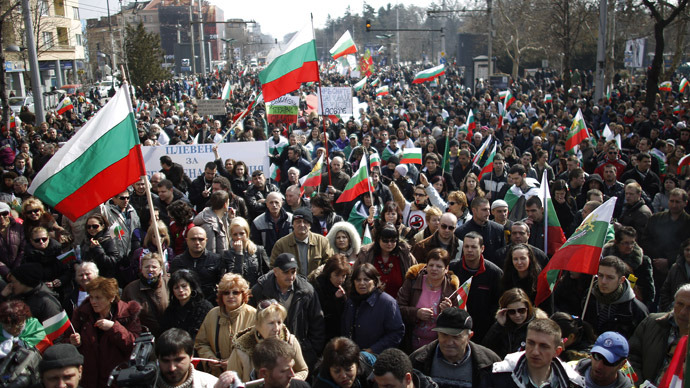Bulgarian prime minister Boiko Borisov was forced to resign following protests in the country, it has emerged.
Nationwide protests erupted after high electricity bills and austerity measures left many Bulgarians deeply unhappy over soaring energy costs, power monopolies, low living standards and corruption.
The government lost further support after it abandoned plans in March 2012 to build a new nuclear power station at Belene, close to the Romanian border.
After eight days of protests over electric bills and other austerity measures, the prime minister and his cabinet have resigned.
Many of the protesters in Sofia and other major Bulgarian cities had demanded the resignation of the centre-right GERB party government and the re-nationalisation of power distributors.
The protests initially started over high electricity bills and then grew into wider discontent over austerity and the way the country is being run.
Police brutality is reported to have been so widespread during the protests that Borisov referred to it during his resignation.
He said: “I will not participate in a government under which police are beating people. Every drop of blood is a shame for us. My decision to resign will not be changed under any circumstances. I do not build roads so that blood is shed on them.”
The Parliament must vote to accept the resignation on Thursday February 28th and then an election will be announced.
















Follow Us!